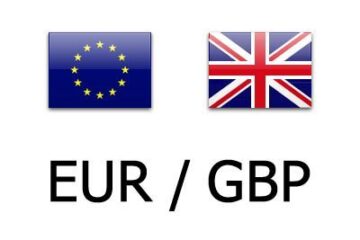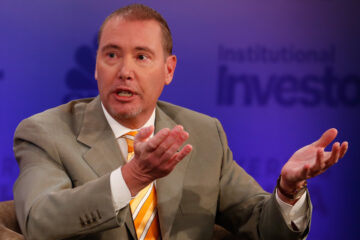It is no secret that President Donald Trump’s latest round of tariffs is raising concerns amongst businesses and consumers across the nation.
Tariffs are taxes companies pay to import goods from overseas, and the extra cost is often passed down to consumers through price increases.
💵💰Don’t miss the move: Subscribe to TheStreet’s free daily newsletter 💰💵
On April 2, Trump introduced a 10% “baseline” tariff on all countries importing goods to the U.S., with roughly 60 countries seeing higher tariff rates, in an effort to free the nation from its reliance on imported goods.
Related: Disney CEO finally addresses an alarming theme park concern
Many large companies, such as Walmart, Target, and Best Buy, have already warned that Trump’s tariffs may force them to raise prices in their stores.
A very crowded scene at Disney’s Magic Kingdom.
Image source: Arturo Holmes/Getty Images for Disney Dreamers Academy
Disney CEO addresses a major problem with tariffs
Disney CEO Bob Iger is the latest business leader to address the growing threat of tariffs and how it can impact the entertainment giant’s business.
During a surprise appearance at ABC News’ daily editorial meeting, Iger said that most people “don’t really understand how tariffs work,” according to a recent report from Status.
He also said that it is difficult to “speedily” move overseas manufacturing to the U.S., especially since companies rely on specialized workers, and replacing and replicating their skill level domestically would be impossible to do overnight.
Iger warned that the construction of two new Disney cruise ships heavily relies on steel, and Trump’s tariffs threaten to increase those construction costs. He said that if prices become unreasonable, Disney (DIS) may have to cut back on spending.
Trump has imposed 34% tariffs on all goods imported from China. He also added 20% tariffs on imports from the EU, 46% on Vietnam, 32% on Taiwan, and 24% on Japan, etc., which are some of the top countries the U.S. imports from.
Related: Disney World suffers major loss due to unexpected rival
While Disney has its hands in many different businesses, it does sell products to consumers through its parks, and in-person and online stores. According to the company’s website, its products are produced in about 43,500 facilities in more than 100 countries.
It also purchases “a vast array” of “products, materials, and services” from thousands of suppliers to support its vacation experiences, such as theme parks, resorts, and cruises, as well as film, streaming, and television productions.
So, Disney, like many other companies, will undoubtedly be significantly impacted by Trump’s tariffs.
Business leaders warn about impact of Trump’s tariffs
Iger isn’t the only business leader who is voicing concerns about the looming threat of tariffs.
Billionaire investor Mark Cuban recently took to social media platform Bluesky to warn his 1.4 million followers that they should start panic-buying goods to prepare for price hikes.
“It’s not a bad idea to go to the local Walmart or big box retailer and buy lots of consumables now,” said Cuban. “From toothpaste to soap, anything you can find storage space for, buy before they have to replenish inventory. Even if it’s made in the USA , they will jack up the price and blame it on tariffs.”
More Tariffs:
Mark Cuban sounds alarm on how consumers should handle tariffsTarget makes controversial move to dodge high tariff costs Walmart doubles down on harsh tactic to shrink threat of tariffs
BlackRock CEO Larry Fink even flagged in his annual shareholder letter that anxiety about the economy is the highest he has ever seen.
“I hear it from nearly every client, nearly every leader—nearly every person—I talk to: They’re more anxious about the economy than any time in recent memory,” said Fink in his letter.
JPMorgan Chase CEO Dimon also recently warned that tariffs will not only cause the prices of foreign goods to increase, but also domestic goods.
“As for the short-term, we are likely to see inflationary outcomes, not only on imported goods but on domestic prices, as input costs rise and demand increases on domestic products,” said Dimon in his annual letter to shareholders. “How this plays out on different products will partially depend on their substitutability and price elasticity.”
Many consumers nationwide have already planned to significantly adjust their spending habits as a result of the tariff war.
According to a recent Market Pulse survey from InMoment, 56% of the survey’s respondents expect prices for goods and services to increase as a result of Trump’s tariffs.
In response to these expected price hikes, 60% of respondents said they are contemplating changing their shopping behavior, with more expecting to shop less rather than more.
Related: Veteran fund manager unveils eye-popping S&P 500 forecast


